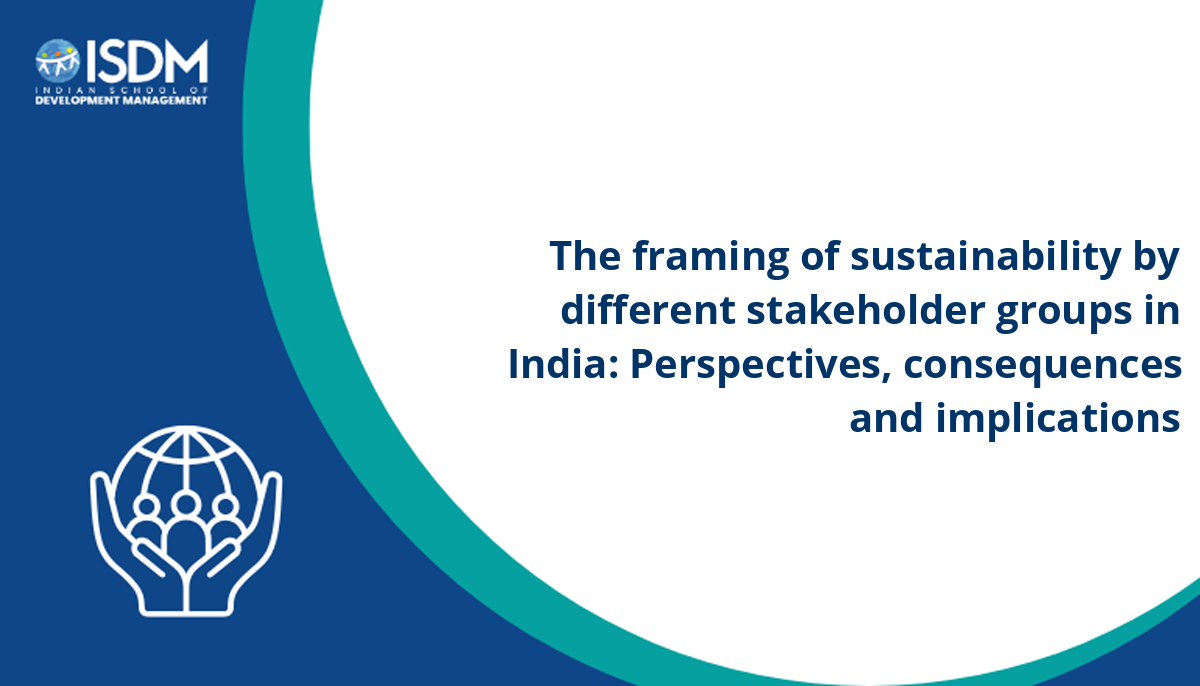Home > Development Management > The framing of sustainability by different stakeholder groups in India: Perspectives, consequences and implications

Interested in the full story?
Access the complete case study to learn more
Lutz Preuss, Priyanka Chhaparia, Bimal Arora, Isabel Fischer
No ratings yet
|
|
Thank you for Signing Up |

